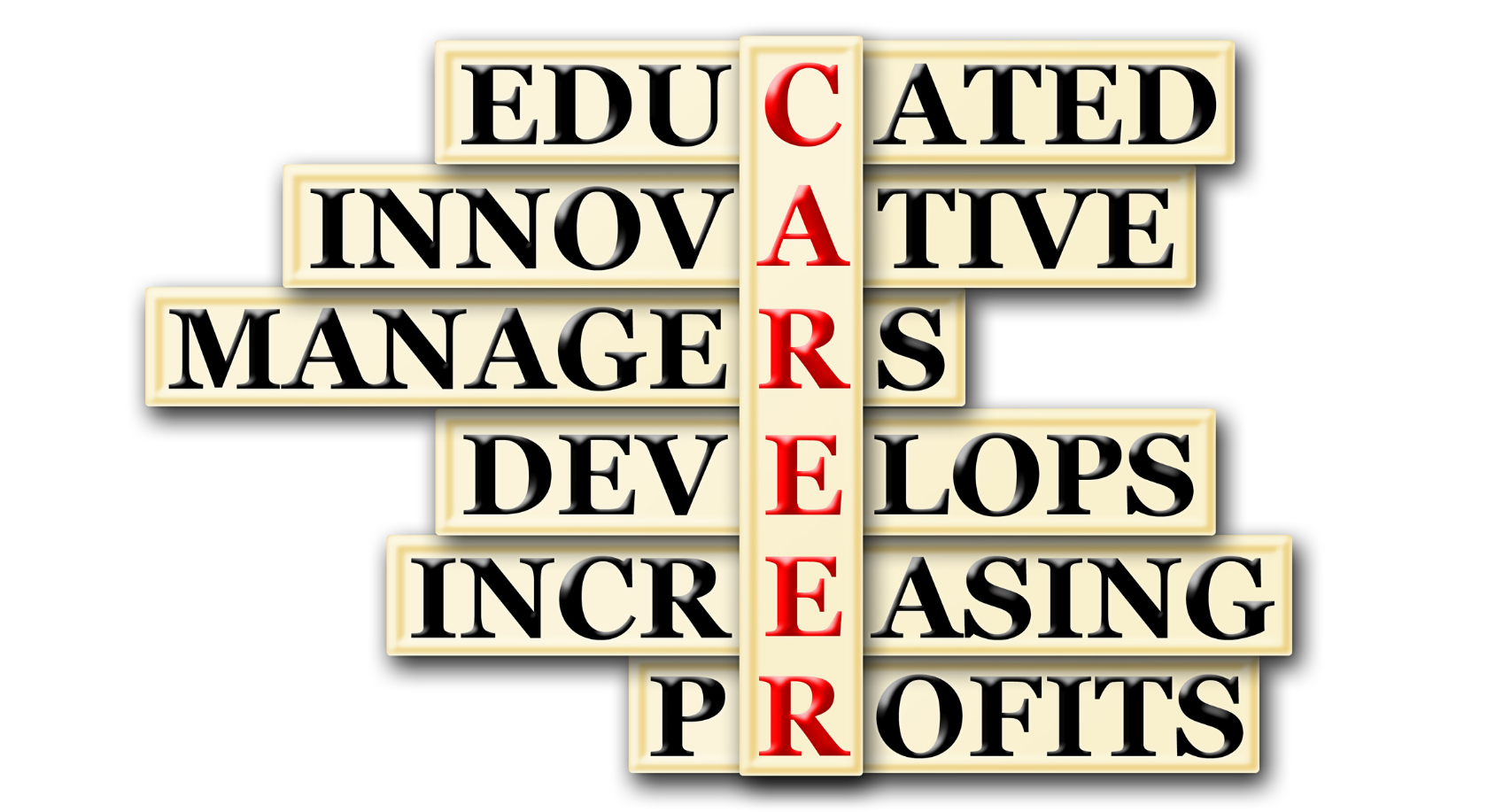Executive Summary
This paper discusses career management in Nestle. I have selected Nestle as a company for pursuing my professional goals. There are certain values attached to my personality that dictates the kind of role or career I should choose. Career management and development activities differ from one organization to another. Nestle being a multinational organization provides ample opportunities for its employees for career development. Based on performance employees they receive ventures in the organization to select career path for themselves. Employees conduct self-assessment and then a career is chosen according to the type of personality and role fit in a certain organization. In this paper five-part model is used for career management consists of self-assessment, goal setting, career awareness, and skill development. These all are an essential part of any career management activity. This model is then associated with the career development activities perform in Nestle.
Introduction
Career management at an organization consists of series of activities that are formal and less formal and are designed & managed by the organization for influencing the career development of one or more employees. Organizations contribute a lot to identify careers by providing abundant opportunities for self-development, advancement, and mentors. Career management of employees is important as it supports the development of their commitment. Career management programs can sometimes develop negative outcomes if it is not done properly. Employees himself/themselves must be an active part of this process as many multinational organizations give their employees the autonomy for the development of their careers.
This paper discusses the career management and development opportunities present in Nestle. Several steps are necessary to take in career development in an organization. In this process self-assessment is important and it includes the setting of goals, work-life balance, and matching personality type with the role in the organization. In this paper, we have collected data by doing interviews with the career manager of Nestle and from other research articles and studies.
This paper has also discussed the organizational structure of Nestle as the structure of any organization contributes a lot to career management activities. Personality differences are also discussed and they help to achieve success in the chosen career path in an organization. Benefits and support that organizations provide to their employees for achieving work/life balance are also discussed. Nestle is a mature organization as most of its business units are cash cows and also publicly trade its share.
Nestle
Nestle is a Swiss multinational company that produces food and beverages and its headquarters is in Vevey, Switzerland. It is the largest food company in terms of its revenues all around the world. Its main products include baby food, breakfast cereals, coffee, tea, ice cream, snacks, and dairy products. A career at Nestle is highly dynamic and being an employee of Nestle, it is essential to manage your career yourself. The value for career development at Nestle is:
“Make the most of your potential and get more out of your career”
I currently work in Nestle Switzerland and the future, I want to develop my career in the same organization. In this organization, employers have the opportunity to take charge of their development process. Moreover, performance is the key factor in the determination of your opportunities in Nestle.
Career Management
Career management is a self-initiated process that is usually supported by managers and the organization in which an employee serves. For my career management activities, I have used a five-part model to get help in the organization of my career development planning (Brown, 2002).
Self-Assessment
For the development of a career management plan for your career, it is important to construct a role fit. This is mainly an individual evaluation in which fits with the current role performing in the organization. It is analyzed whether the current values, interests, and abilities of a person are compatible with the current role or job one is performing. Identification of current challenges is also essential for managing a career. The certain occupational fields in which one is interested is identified and the kind of work environment one likes to work in. Other than occupational needs it is important to identify the social needs of oneself. Some people want to work all alone without any interruption; others want to work with people. This self-assessment also includes the kind of position one likes as one wants to work in a supervisory role or a managerial role.
Work-life balance
Work-life balance is a broad concept that is mainly a reminder of prioritizing between “work” which includes career or ambition and “life” which includes pleasure, family, leisure, or any spiritual development on the other hand. The term itself can set up many wrong ideas about the achievement of the “ideal” balancing point as in this case the goal is not the development of true balance but more about valuing conscious choice. It is related to where and how one spends his/her time. It is important to consider work-life balance especially when employees are experiencing life stress or employees are trying to set priorities for addressing family and personal needs.
Personality Type and Work Style Preferences
Personality usually refers to a person’s patterns of thinking, acting, and feeling. For career management some of the personality aspects are useful. There are several themes for describing personality and this tool and model called Myers-Briggs Type Indicator (MBTI) has developed from the work of psychologist Carl Jung. This model describes mainly four areas of personality that have two possible preferences in every area. People hold a natural preference in each of the areas. These preferences are not related to knowledge, abilities, and skills as in this case there is no right or wrong preference. Each person uses all kinds of preferences at one time but one preference or the other on every scale normally feels more natural (Myers, McCaulley, Quenk, & Hammer, 1998).
Career management and Personality
Some people generally prefer to make decisions by keeping an eye on harmony and what is best for themselves and others (Feeling preference). For instance, in some situations, they make decisions based on an objective assessment of all the logical consequences (Thinking preference), but he/she does not feel comfortable in the process or confident in decision making. In my case for career management, I have filled the MBTI test and identified my personality type that is ESFJ. The characteristics of ESFJ are those people who focus on the outside world and mostly assess their experiences on a subjective basis. They are mainly literal people and trust in the specific and factual information that is collected through their physiological senses. So I will match my personality with the career path in Nestle. I want to get a managerial position in the company and I have the capability to manage people and can take quick decision in the time of need (Myers, 1962).
It is important to align the personality type with the kind of career you want to choose. People tend to be attracted to and experience more satisfaction in those careers in which they hold a margin to express and use their personality preferences. For instance, the case of that work requires the type of perception or decision making that comes normally to a person who can lead towards more effectiveness and confidence.
Career Values
The next thing in self-assessment is the career values as these are qualities that are considered to be the most important principles that guide and help in setting priorities of career and life. They are very much personal as they define what is purposeful and meaningful for you as an individual. With life circumstances, these values do change but they are normally considered to be enduring and provide a measure for setting goals and making decisions.
From the context of a career, changes occur very rapidly, and making decisions regarding opportunities in the current work role is very essential. It is new job possibilities that can present themselves unexpectedly in different positions and it is critical to stop and reflects on the values that are most important for a person.
These values are essential to understand for aligning the job and the organization in which we work and is often critical for understanding career-related satisfaction and motivation. Nova has developed a framework for understanding the career values that are clustered in four domains:
Intrinsic Values
It includes values that motivate a person and some of the values are achievement, status, independence, power, and giving to the community.
Work Environment values
In these values learning, benefits, fast-paced, structure, comfortable income, and many others. Other than that work content values and work-related values matter a lot in the management of a career (Moore, 1922).
Career development at Nestle
I want to develop my career in Nestle. Nestle is an organization that puts great emphasis on career management and the development of its employees. They give their employees a chance to put their best capabilities forward and can assist them in enhancing their capabilities and talents in full of their capacity. I want to pursue my career in Nestle as they engage a motivated workforce who is motivated by results. Nestle provides several opportunities to their employees for exploring different career paths for them.
According to the career development manager of Nestle
“At Nestle, we know that it is due to our people that we spur our success and who set us apart year after year. We can achieve our goals because of them. High-performance culture at Nestle puts great emphasis on diversity, growth, and innovation and this makes us enable their professional development and at the end success of our company”
I have selected Nestle to pursue my career as it provides a wider sphere of influence and more autonomy than any other place. It does not broaden and deepen the existing job responsibilities and having the opportunity to excel at a higher position.
Factors of career growth ate Nestle
In Nestle there are almost three factors that will form the career growth of an individual:
Core Factors
Core factors are qualities that are non-negotiable and it is essential to have these qualities to avail most of the opportunities. Opportunities are offerings that Nestle provides which include sustainable performance, knowledge, and skills about the functions of the business. It is important to have leadership skills (Noe, 1988), and having critical experience gives you an extra edge in the company.
Accelerators
These are the qualities that Nestle looks for in its employees and those that will determine how fast and how much you can make progress. These qualities include mobility, flexibility for movement between functions and categories. It also involves networking and avenues for opening up new experiences.
Opportunities
These qualities involve some factors that are mostly dependent on circumstances and practices anywhere else in the business. These opportunities can be gained from new roles, new positions, and new overseas assignments.
Assessment of Talent and Succession Planning
Nestle does career development effectively by succession planning. It is usually done to fill the middle and senior-level positions. Nestle, they are very much methodical about the planning of this process. No problem is placed on chance so all the key jobs in Nestle are covered by doing succession planning. It includes a list of forecasted and predicted potential successors for these roles. It is the result of their planning that Nestle exactly knows how well their successors are performing their current roles and making preparation for the next roles.
Career Paths at Nestle
I have selected Nestle as an organization for the development of my career, as career paths are clearly defined here:
I have joined Nestle not doing a job rather developing my career. It depends largely on an individual how and in what direction he/she wants to pursue a career there. With each Nestle career, there is an incomparable package of learning and development.
Flat Organization
Nestle as a company has an international presence and due to the phenomenal growth of the company, the structure of the company has changed. This transition is in the form of flat and flexible organization. There is a short slogan that is used in this context:
“Nestle on the Move”
It is mainly used to describe and define the organizational structure of nestle. It is basically a dynamic structure that helps to keep the best of the best that a big company has to provide. This structure is formed to maintain and retain the competitive advantage of the company in the marketplace.
This structure provides key advantages to the employees as it has fewer layers of authority with more responsibilities to employees. This delegation is done to give autonomy to employees throughout all levels of the organization. Other than that it has become quite easy to work more broadly in cross-functional teams and it also provides a lot of opportunities for moving throughout the company (Guler, Yilmaz, Kulunk, Guler, & Kurt, 2005).
Self-Management
At Nestle, I will have to develop my own career paths like the trend present there. This flexibility and willingness provide an individual an opportunity to fulfill his/her own abilities and goals. After interviewing the senior managers at Nestle, I have realized that as an employee I will be expected to manage my own career there. This suits me very much to my personality as I also want to take the ultimate responsibility for my own career path. Other than that I like to gain seniority or position in the organization based on my performance, not based on seniority or any other capability. The same is the case with Nestle as performance is the number one factor that determines the success and career possibilities here.
Conclusion
Conclusively, it can be said that career management is an important activity. Every person who gets some professional education strives to excel in his/her professional life. The life span of the employee in any organization is dependent on his commitment to that organization. Therefore many organizations especially conduct employee training and also provide mentoring and coaching assistance to their employees who help employees in developing their career goals.
Nestle is an organization in which career paths are well-formed and employees receive promotions based on their performance. Employee himself/herself is an active part of this development activity and models like ETHOS organizational career management and five-part model assist in this respect. By adopting the procedures described in these methods, an individual can himself/herself can set the career path of their lives.
References
Brown, D. (2002). Career choice and development: John Wiley & Sons.
Guler, A. U., Yilmaz, F., Kulunk, T., Guler, E., & Kurt, S. (2005). Effects of different drinks on stainability of resin composite provisional restorative materials. The Journal of prosthetic dentistry, 94(2), 118-124.
Moore, G. E. (1922). The conception of intrinsic value.
Myers, I. B. (1962). The Myers-Briggs Type Indicator: Manual (1962).
Myers, I. B., McCaulley, M. H., Quenk, N. L., & Hammer, A. L. (1998). MBTI manual: A guide to the development and use of the Myers-Briggs Type Indicator (Vol. 3): Consulting Psychologists Press Palo Alto, CA.
Noe, R. A. (1988). An investigation of the determinants of successful assigned mentoring relationships. Personnel Psychology, 41(3), 457-479.
Appendix
Appendix A

Appendix B





